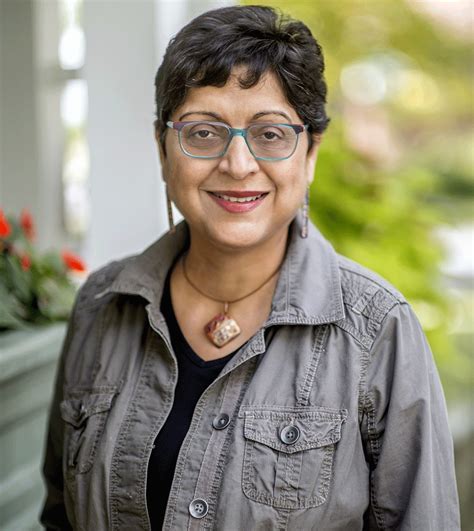A Quote by Shweta Basu Prasad
The independence of content creation without fearing what's going to be censored has relieved a lot of filmmakers in India.
Related Quotes
India and Burma have been close friends since the days we were struggling for independence. And I'm a great admirer of Mahatma Gandhi and Jawaharlal Nehru, and all those leaders of India's independence movement. I would like to believe the aspirations and hopes we shared in the past will continue to bind us in the future.
Grasp the opportunity with both hands to feel really very special as an Indian reading these quotes on the Indian Independence Day. A number of famous and reputed persons have thrown some light on the chapter of Indian Independence. India conquered and dominated China culturally for 20 centuries without ever having to send a single soldier across her border!"
India, she now knew, would not be content staying in the background, was nobody's wallpaper, insisted in interjecting itself into everyone's life, meddling with it, twisting it, molding it beyond recognition. India, she had found out, was a place of political intrigue and economic corruption, a place occupied by real people with their incessantly human needs, desires, ambitions, and aspirations, and not the exotic, spiritual, mysterious entity that was a creation of the Western imagination.
In 'Purab Aur Paschim,' there's one of the nicer patriotic scenes which is patriotic without going jingoistic. There's a scene set in a rotating restaurant, where Pran, who has left India, is completely running India down and Manoj Kumar is taking up for India. And there's that song 'Jab Zero Diya.'
When you have filmmakers like Justin Simien, writers, producers, actresses like Lena Waithe, who are people of color, they're creating their own content and saying, 'You know what? We're not going to wait on someone else to tell our story. We're going to do it ourselves. You can be a part of it or not.'




































